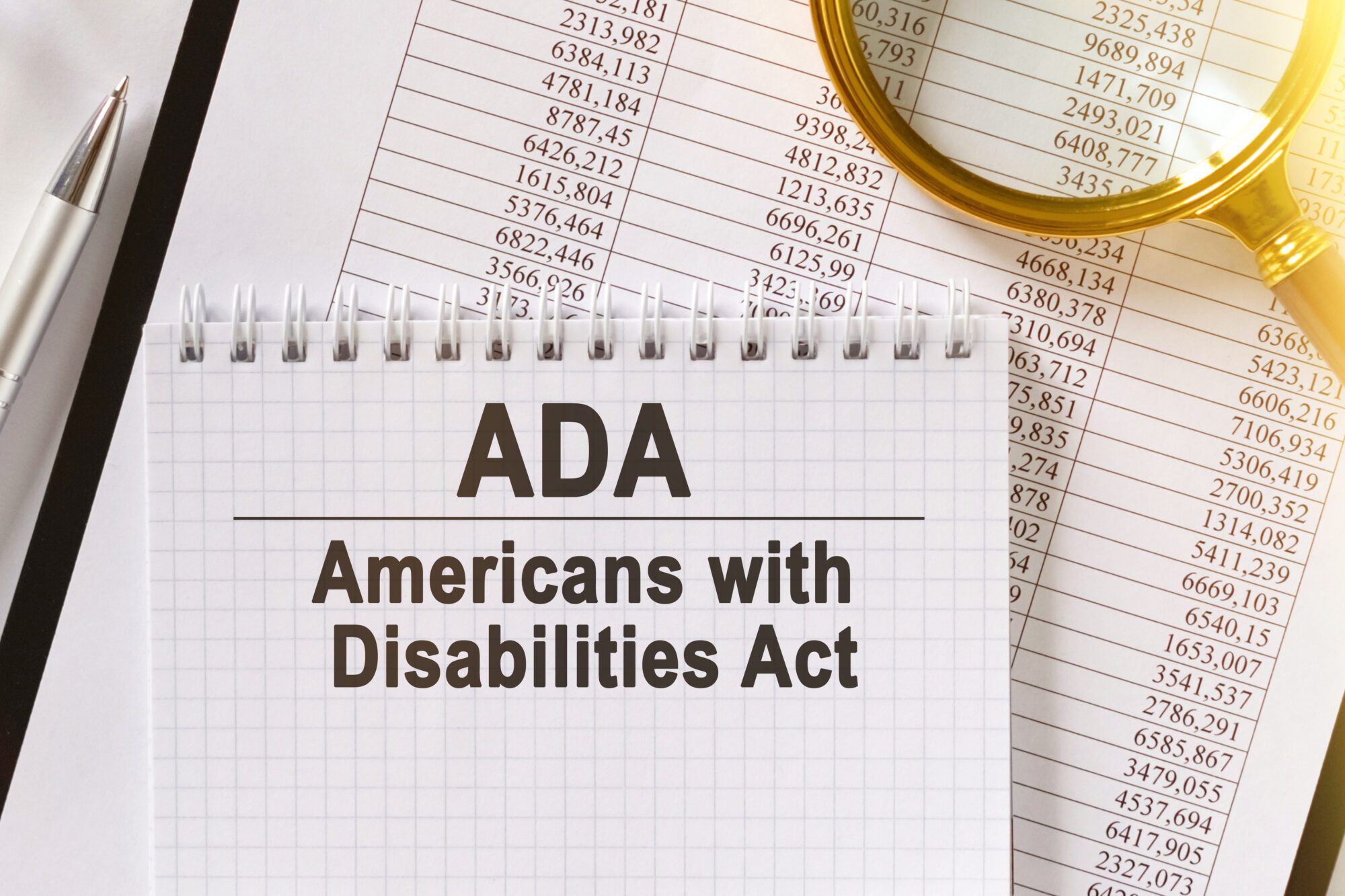
When an injury or illness keeps an individual away from work for an extended period, will they receive support necessary for recovery? Is their savings strong enough to sustain time without pay so they may focus on getting better, and safely returning to work, or are they covered?
When a person is injured, many fall into the trap of focusing on inabilities, on DIS-ability. Foundational to the recovery process, however, is evolving that lens to help focus on AB-ility—coupling innovation and empathy to drive results.
An important component on the path to recovery is the psychology behind feeling engaged and productive. Returning to work, safely, can help to accelerate results. It is important for employers to remember their responsibilities under the Americans with Disabilities Act(ADA/ADAAA) to ensure compliance. The ADA requires a covered employer to provide reasonable accommodation to an employee or job applicant with a disability, unless doing so would impose an undue hardship on the operation of the employer’s business. Reasonable accommodation might include, for example, making the workplace accessible for wheelchair users or providing a reader or interpreter for someone who is blind or hearing impaired.
Diving more deeply, a reasonable accommodation is any change in the work environment or in the way things are customarily done that enables an individual with a disability to enjoy equal employment opportunities. Reasonable accommodation may include, but is not limited to:
- Making existing facilities used by employees readily accessible to and usable by persons with disabilities;
- Job restructuring, modifying work schedules, reassignment to a vacant position; and
- Acquiring or modifying equipment or devices, adjusting or modifying examinations, training materials, or policies and providing qualified readers or interpreters.
It can be difficult, at times, to recognize informal requests for reasonable accommodation—but it’s important to remain vigilant. We’ve built the following resources as a strong starting point to help avoid common mistakes.
For more resources on this subject, we recommend you review:
- Americans with Disabilities Act (ADA): Recognizing Requests for Reasonable Accommodations
- Avoid 10 Common ADA Mistakes
It’s important for your company to consider how the Americans with Disabilities Act coincides with your workers’ compensation program. Here at Hearten, we offer a proactive workers’ compensation program that works for your company. Get in touch with us to learn more!


